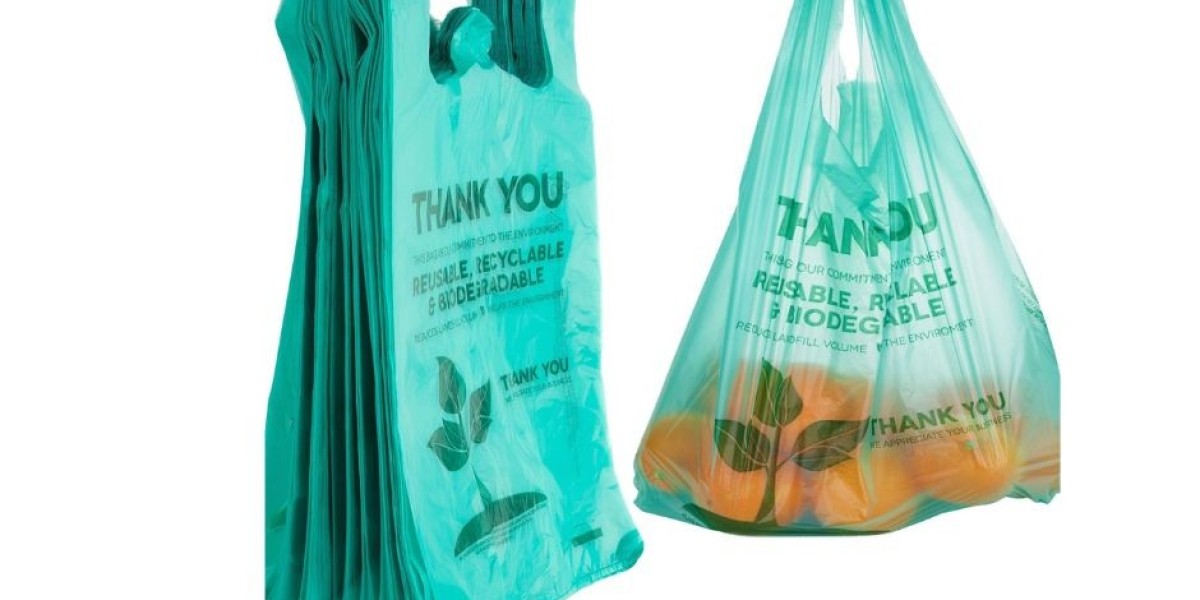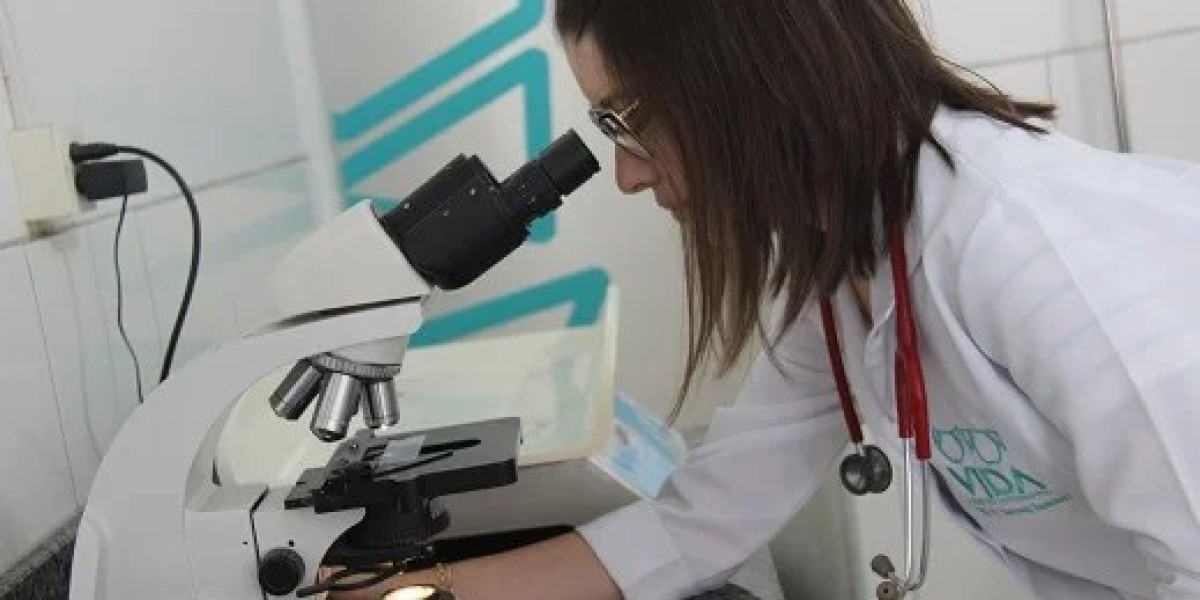The global shift toward sustainability has encouraged businesses and individuals to adopt eco-friendly alternatives to conventional products. Biodegradable bags, a sustainable substitute for traditional plastic bags, have emerged as an innovative solution to mitigate environmental pollution. These bags are designed to decompose naturally, leaving minimal impact on the planet. With their strength, versatility, and eco-friendly nature, biodegradable bags are revolutionizing waste management and packaging industries.
Manufacturers like Pulkit Plastic Products are leading the charge in producing high-quality biodegradable bags that meet modern demands. This article explores the benefits, applications, and manufacturing process of biodegradable bags while addressing frequently asked questions about their use.
What Are Biodegradable Bags?
Biodegradable bags are crafted using materials that naturally break down when exposed to specific environmental conditions, such as sunlight, moisture, or microbial activity. Unlike conventional plastic bags, which take hundreds of years to degrade, biodegradable bags decompose within a much shorter period, depending on their composition.
These bags are often made from plant-based materials like cornstarch, polylactic acid (PLA), or additives that enhance the breakdown of petroleum-based plastics. Biodegradable bags maintain the practicality of traditional plastic bags while significantly reducing their environmental footprint.
Benefits of Biodegradable Bags
1. Environmentally Friendly
Biodegradable bags help reduce plastic waste, contributing to a cleaner and greener planet. Unlike regular plastics, they decompose into non-toxic byproducts, such as water and carbon dioxide.
2. Durability
These bags are designed to be strong and tear-resistant, making them suitable for a variety of uses, from carrying groceries to handling industrial waste.
3. Compliance with Regulations
Governments worldwide are enforcing strict regulations to minimize plastic pollution. Using biodegradable bags ensures compliance with these environmental standards.
4. Versatile Applications
Biodegradable bags can be used across industries, including retail, healthcare, and food packaging, showcasing their adaptability.
5. Positive Brand Image
Businesses adopting biodegradable packaging appeal to environmentally conscious consumers, boosting their brand reputation.
Applications of Biodegradable Bags
1. Retail and Shopping
Retailers are increasingly replacing traditional plastic bags with biodegradable alternatives to offer an eco-friendly shopping experience. These bags are ideal for carrying groceries, clothing, and other retail items.
2. Waste Management
Biodegradable garbage bags are commonly used for household and industrial waste disposal. Their ability to decompose naturally helps reduce landfill accumulation.
3. Medical Waste Disposal
Healthcare facilities use biodegradable bags to safely dispose of biomedical waste, ensuring environmentally responsible waste management.
4. Food Packaging
Restaurants and food delivery services utilize biodegradable bags to package and transport food items securely while aligning with sustainability goals.
5. Event Management
Biodegradable bags are a popular choice for waste collection at large events, promoting environmentally friendly practices.
Benefits of Plastic Bags in Biodegradable Form
Plastic bags have long been criticized for their environmental impact, but biodegradable plastic bags provide a middle ground by retaining the advantages of traditional plastics while mitigating their drawbacks.
Convenience: Biodegradable plastic bags are lightweight, durable, and easy to handle, making them a practical choice for everyday use.
Cost-Effective: These bags offer an affordable alternative to other eco-friendly packaging solutions without compromising on quality.
Customizable: Businesses can customize biodegradable bags in terms of size, thickness, and branding to meet specific needs.
Reduced Carbon Footprint: By decomposing naturally, biodegradable plastic bags minimize greenhouse gas emissions compared to conventional plastics.
How Biodegradable Bags Are Manufactured
Biodegradable bags are produced through a specialized process that ensures durability and eco-friendliness.
Raw Material Selection
Manufacturers like Pulkit Plastic Products use plant-based polymers, such as cornstarch or PLA, or petroleum-based plastics with biodegradable additives.Extrusion Process
The chosen materials are melted and extruded into thin sheets, which are then shaped into bags.Cutting and Sealing
The sheets are cut and sealed into various bag sizes and designs to cater to different industries and uses.Testing and Quality Control
Each batch of bags undergoes rigorous testing to ensure strength, durability, and biodegradability under specific conditions.Biodegradable bags manufacturers.
Why Choose Biodegradable Bags Manufacturers?
Choosing a reliable Biodegradable plastic bags manufacturer ensures you receive high-quality products that meet your sustainability goals. Reputable manufacturers:
Use certified eco-friendly materials.
Offer customizable options to suit specific needs.
Provide bulk orders for businesses and industrial use.
Comply with environmental regulations to ensure product safety.
The Role of Biodegradable Bags in Sustainability
Biodegradable bags are not just a solution to plastic pollution; they represent a step toward a more sustainable future. By adopting these bags, individuals and businesses can actively participate in reducing the environmental impact of plastic waste.
For example, transitioning to biodegradable garbage bags for household waste disposal significantly reduces the amount of non-biodegradable waste in landfills. Similarly, businesses that switch to biodegradable shopping bags demonstrate their commitment to sustainability, attracting eco-conscious customers.
Conclusion
Durable biodegradable bags offer a practical and sustainable alternative to traditional plastics. With their versatility, strength, and eco-friendly properties, these bags cater to a wide range of applications, from retail and food packaging to medical waste disposal.
By partnering with reliable manufacturers like Pulkit Plastic Products, businesses and consumers can access high-quality biodegradable bags that align with their environmental goals. Embracing these bags is a simple yet impactful way to contribute to a cleaner, greener planet while enjoying the Benefits of plastic bags modern convenience.
Biodegradable bags are more than just a product—they're a commitment to sustainability and a better future for generations to come.
Frequently Asked Questions (FAQs)
1. What is the decomposition time for biodegradable bags?
The decomposition time for biodegradable bags depends on the material and environmental conditions. Under optimal conditions, these bags can decompose within 3 to 6 months.
2. Are biodegradable bags suitable for heavy loads?
Yes, biodegradable bags are designed to be durable and can handle heavy loads, making them ideal for groceries, industrial waste, and other applications.
3. Can biodegradable bags be recycled?
Biodegradable bags are not typically recycled with regular plastics. They are better suited for composting or specific disposal methods that promote natural decomposition.







